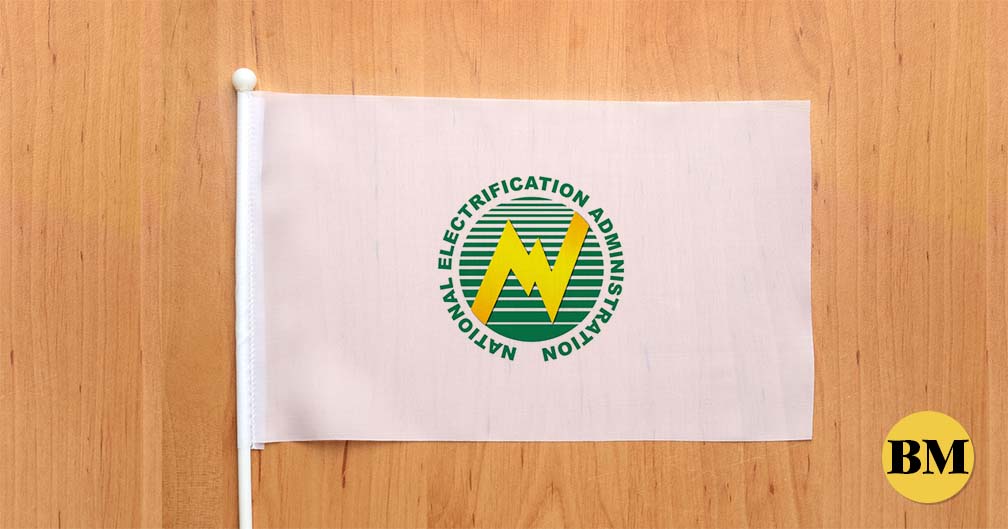
The Senate Energy Committee strongly urged the National Electrification Administration (NEA) to ensure uninterrupted supply of electricity in Baguio City and all 13 towns in Benguet province amid the leadership crisis in Benguet Electric Cooperative (BENECO).
Senator Sherwn T. Gatchalian, committee chairman, said Thursday he is preparing to file a Senate resolution on the matter.
Newly-installed NEA Administrator Emmanuel Juaneza stood his ground on NEA’s appointment of lawyer Ana Maria Rafael as general manager. He told Gatchalian that NEA would no longer disrupt BENECO’s operations.
The BENECO Board of Directors appointed Engineer Melchor Licoben as the new general manager of BENECO. Based on reports that reached the committee, Gatchalian said it was NEA that did not follow its own memorandum insofar as succession mechanism and selection process is concerned when it appointed the new general manager.
The senator cited NEA Memorandum 2017-035, the revised policy on the selection, hiring, termination of service/suspension for GMs of electric cooperatives, saying that it clearly provides for the rule allowing BENECO’s board to select the GM of their choice and for NEA to step in only if the board rejects all pre-qualified applicants.
“We don’t want NEA, the supervisor of all ECs [electric cooperatives], to be imposing people over a well-run, functioning coop and that is not the intention of the law. The intention of the law is for the ECs to govern themselves and NEA will just step in during problematic times, if it’s badly managed or if it’s an ailing coop,” Gatchalian said.
“My plea to NEA is to review your own rules. Make sure that you follow your own rule and make sure that BENECO is running smoothly because we owe it to the people of Baguio. We have to make sure that electricity is continuously flowing to the homes of our constituents in Baguio,” said the lawmaker.
Meanwhile, Gatchalian, who was one of the speakers at the 2nd Philippine International Geothermal Conference, said he remains “bullish” about the country’s geothermal energy prospects.
“Let’s find ways to encourage more geothermal development, more exploration, more private sector participation. In the Philippines, geothermal is still a significant source of energy. We remain bullish in geothermal investments here because any way of minimizing imports of coal and potential natural gas in the future should be pursued,” he said.
As of May 2020, the country’s potential geothermal capacity stood at 814.20 megawatts (MW). This represents 2.72 percent of the total potential renewable energy (RE) sources that the country could still tap. In terms of installed capacity, geothermal energy stood at 1,928.07 in the same period.
“The number is almost insignificant when it comes to committed projects. But any megawatt of indigenous power is highly welcome in our country because it contributes in our self-sufficiency. That number is still a very important factor for us because we import coal, and soon, natural gas. The potential capacity of geothermal will definitely reduce importation of coal and natural gas,” said Gatchalian.
Other ways to increase investment in geothermal energy is to activate the RE trust fund for geothermal energy’s research and development, fully implement the Energy Virtual One Stop Shop Act, Integrate the Competitive Renewable Energy Zones with the Green Energy Auction, align the Philippine Energy Plan (PEP) and Nationally Determined Contributions (NDC), and establish a possible geothermal fund for a public-private risk sharing mechanism.
“It’s unfortunate that PEP is not harmonized with NDCs. We’re flagging both the CCC [Climate Change Commission] and the DOE [Department of Energy] to put that harmonization together so that the resources and generation mix are linked to how we will reduce our GHG [greenhouse gases] as per our commitments to the Paris Agreement,” he added.
The National Geothermal Association of the Philippines, in partnership with the DOE and the New Zealand Trade and Enterprise, hosted the conference virtually.
This year’s theme, “Geothermal New Technologies,” focuses on the future of the geothermal industry by highlighting innovative technologies and disruptions, while keeping close attention to providing clean and renewable energy alternatives.

